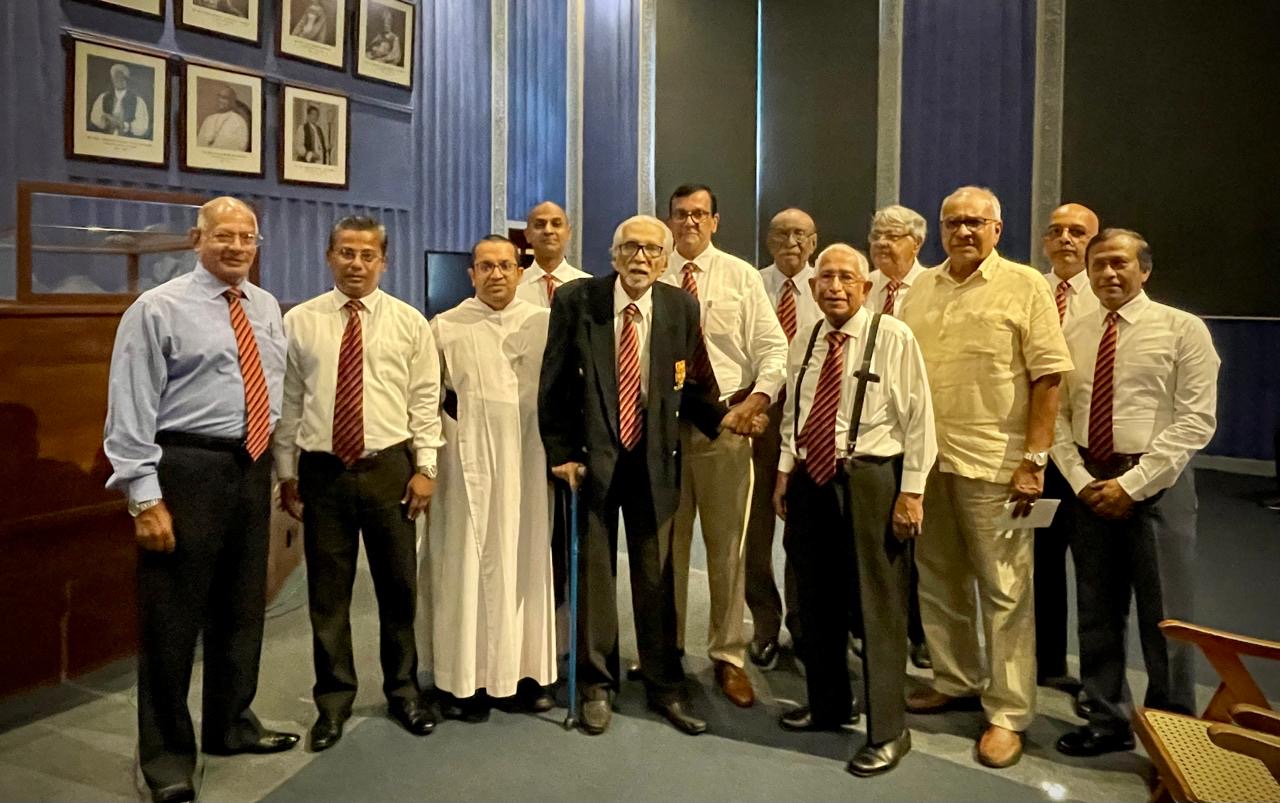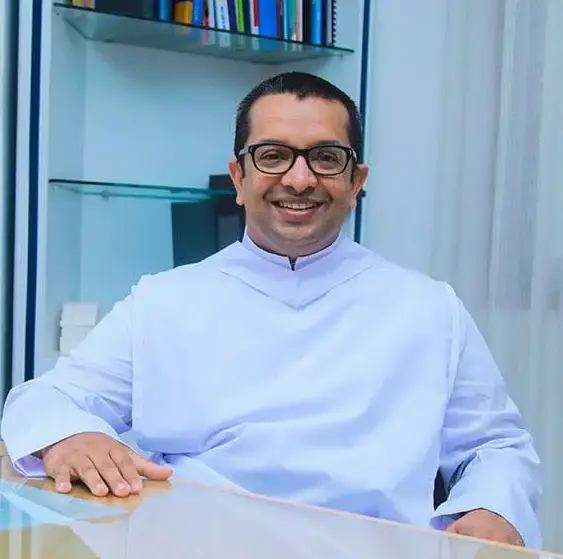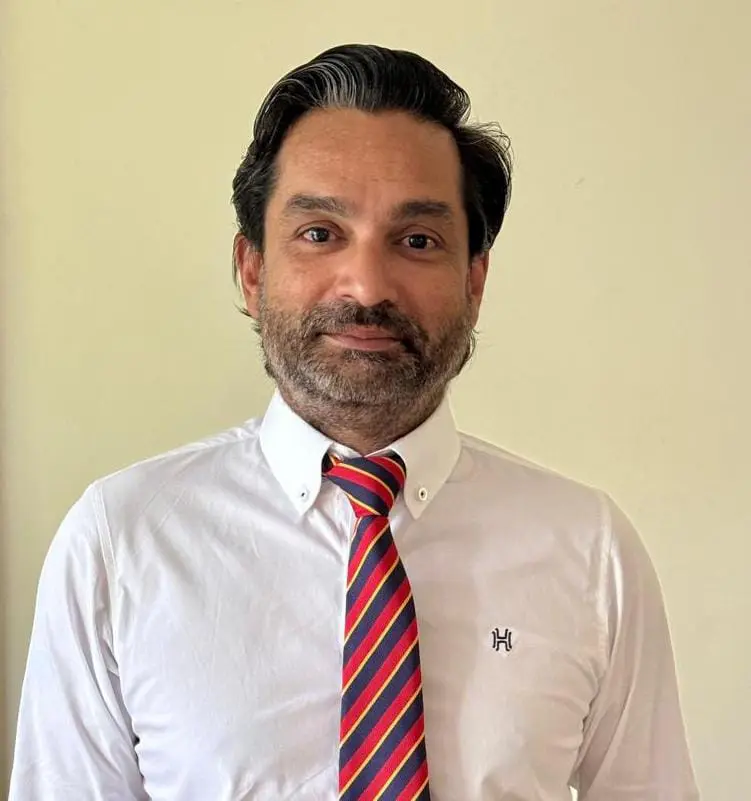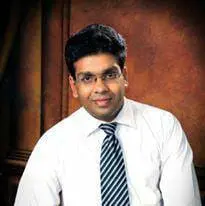About The OBA
One of the most important avenues by which the alumni keep in touch with each other has been the Old Boys' Association. In 1892, Principal Rev. Napier-Clavering gathered 33 of the registered 103 former students of Trinity at his bungalow for tiffin and formed the Old Boys' Association of Trinity College. For several decades, the Principal of Trinity held the post of President of the Association. This tradition was broken only in1918 when T. B. Moonamale held the post of President from 1918 to 1924.
Yet, it was only in 1908 that the true significance of having former students rallying around the school became evident. This came about with the formation o f a branch of the Association in Colombo. The Colombo Branch was inaugurated in 1908 when alumni gathered at the Old Boys' Brigade Hall in Galle Face. The suggestion of forming an association had been made by H. C. Jayasinghe, the College Bursar at the time, and given the large number of Old Boys who lived in Colombo, it had been strongly supported. They installed Rev. Ryde, the Principal of Trinity from 1900-1902, who was living in Colombo at the time, as the first President of the Branch. In 1908, when Fraser suggested that an award should be presented to the best all-round student, the Colombo Branch took up the suggestion. The tradition of selecting the best all-round student originated in the days of Principal Napier-Clavering, when E. C. de Alwis received the best all-rounder prize in 1894. The Colombo Branch named the new prize after its first President, and the Ryde Gold Medal came into existence. Each year, selection of the winner is based on the result of three votes: the senior students and the staff have a vote each, while the principal’s vote makes up the third. Since the first award made in 1908 to J. Andrew, the medal has remained the most coveted award to be presented to a student at Trinity? Most significantly, with the Colombo Branch passing a resolution in 1909 to make this an annual award, the Ryde Gold Medal has remained the only project undertaken by the Old Boys that has continued uninterrupted for almost a century. A contribution to the school, such as the Ryde Gold Medal, showed the impact Old Boys could have on Trinity, and since then, many former alumni have made generous donations of funds and in-kind to the school. The school library, the archives, the hall, the hospital and later, awards and prizes such as the Valesca Reimann Prize owe their existence to the Old Boys and to the Association.
However, the Old Boys' Association was transformed in the late 1950s, shifting attention to the urgent need for more members and funds. Kenneth Boteju and R. M. P. Kehelpannala, two school friends who had been active in Napier House Association and the Astronomical Society, became the force behind the revival of the Colombo Branch. They received strong encouragement from Old Boys such as Di. Willie Ratnavale and Dr. T. R. Jansen who served as Presidents of the Colombo Branch at various times. Together, Boteju and Kehelpannala personally built up the Branch, visiting organisations in Colombo on work, but using the opportunity to canvas for membership and for donations from Trinity alumni working in those organisations. They used their personal funds to send out letters to members, and kept members linked to the organization by taking every opportunity to get them together in small groups. Because of their personal effort, commitment and one brilliant idea, they changed the image of a school alumni association in Ceylon. According to Boteju: “Kehelpannala became secretary in '59, and I became the secretary in '64. The first year we went for the A.G.M. they had no money for the Ryde Gold Medal. So, we started the Supper Dance to raise funds. I was a bit of a dancer, and no school had a dance before that. We were the first school to start the dance, now every school has a dance, but we were the first! We sold tickets for seven Rupees and fifty cents. I roncoed the letters to the members myself and paid for postage out of my own pocket. And that way we made money for the Ryde Gold Medal.”
Over the course of ten years, membership of the Colombo Branch grew significantly, and the Branch became an inspiration for Trinity alumni both in Sri Lanka and in other countries. Today there are several 'branches' of the Trinity College Old Boys' Association spread across the world. Many members display unwavering dedication to the welfare of both the school and the Trinity College Old Boys' Association. Huthaifa Halimdeen, for instance, served as a dynamic Project Coordinator for the construction of the Asgiriya Stadium and carried the distinction of having an unbroken tenure of half a century of holding offices in the network of the Association.
Gilbert Paranagama is one of the oldest members of the Association and a past President. Born in 1923 to a family of Trinitians, Paranagama entered College as a six-year-old He recalls studying under Principal Campbell, and says, "we admired his work. He was also the best teacher of the school at the time. There were also Principals of the like of Stopford and Simithraaratchy, and staff of the calibre of Jim Weerasinha, R. R. Brekenbridge, and Ms. Ruth Keyt, my primary teacher during my early years at T.C.K. Paranagama played rugby in school and was a member of the school boxing team and went on to become the Senior Prefect of Trinity and a Ryde Gold medallist. He says, "I felt that as the medal was given to me by the school, I should re-gift it back to my alma-mater as a mark of gratitude for moulding a good part of my student and adult days in the journey of life. I also felt that if T.C.K. was situated in another environment it may not have had the charm and grandeur it possessed, nestling amongst the magnificent hills of Kandy in a cool and breathtaking atmosphere. I always felt so special being a part of this wonderful school - Trinity College."
Paranagama never lost his sense of gratitude for the College, and throughout his life continued to repay his debt to Trinity with his involvement i n t h e Association which he helped mould into the form i t takes today. He says, "I served on the Board of Governors of Trinity in the '80s and also was the President of the Trinity College Old Boys Association Colombo Branch and was instrumental in re-drafting its constitution with the then Committee."
Trinitians of Gilbert Paranagama's generation will always recount a debt to Trinity of a particular type. They belong to the first group of locals to enter the British- dominated mercantile sector of Ceylon, taking up positions that


Meet our Committee

Principal Rev. Fr. Araliya Jayasundara OSB
Patron
Principal of Trinity College Kandy

Muthiah Chandrasekaran
President

Ronnie Gunasinghe
Secretary

Sanjeewa Weerakkody
Treasurer